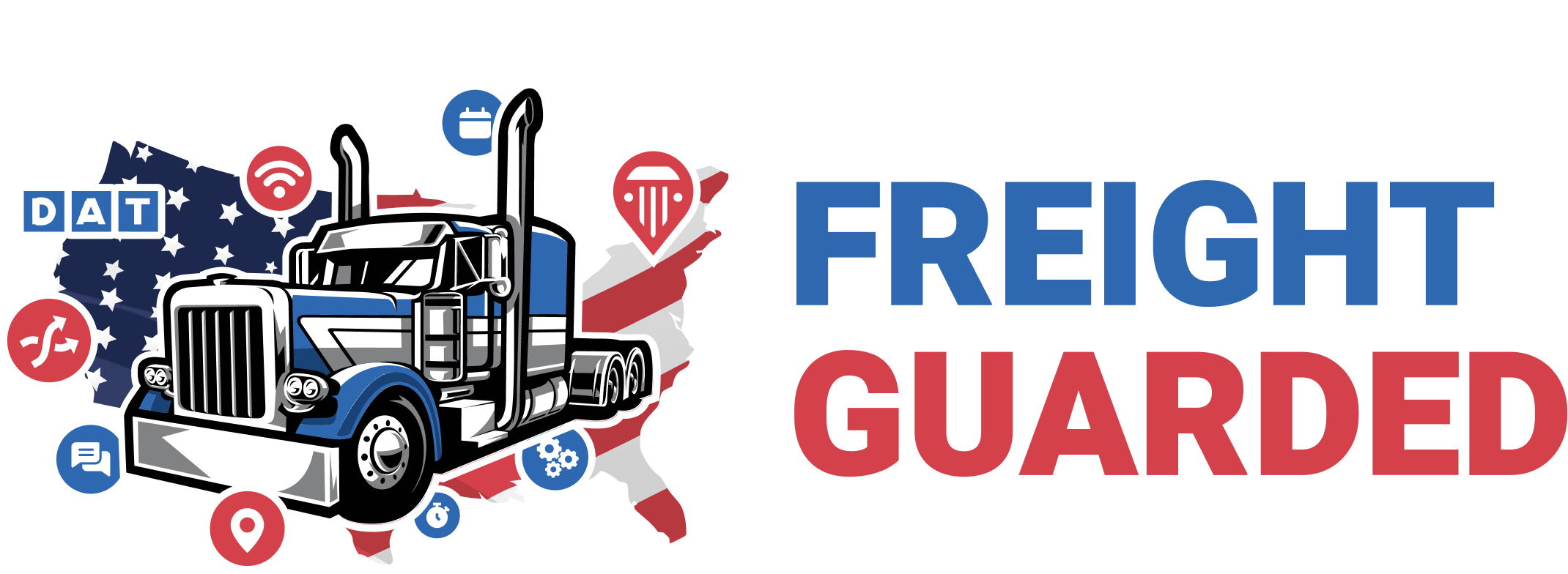The use of dashcams in Commercial Motor Vehicles (CMVs) has become increasingly important in recent years, offering a multitude of benefits that extend beyond simple recording of road incidents. These devices play a crucial role in enhancing safety, providing evidence in the event of accidents, improving driver behavior, and even offering potential insurance benefits. Here's an overview of the importance of CMV dashcams:
- Accident Evidence: Dashcams provide irrefutable evidence in the event of an accident, helping to establish the sequence of events leading up to, during, and after the incident. This footage is invaluable for law enforcement, insurance companies, and legal proceedings, helping to quickly resolve disputes and determine liability.
- Enhanced Safety: The presence of dashcams can encourage safer driving practices among CMV drivers. Knowing that their driving is being recorded can deter risky behaviors such as speeding, aggressive driving, and other unsafe practices.
- Training and Coaching Tool: Dashcam footage can be used as a training tool for CMV drivers. Reviewing real-life scenarios can help identify areas for improvement, reinforce positive driving habits, and provide practical examples for training sessions.
- Insurance Benefits: Many insurance companies recognize the value of dashcams and may offer reduced premiums for vehicles equipped with these devices. Dashcams provide clear evidence in the case of accidents, which can expedite claims processing and reduce the likelihood of fraudulent claims.
- Protection Against Fraud: CMVs are often targets for insurance fraud, where other drivers intentionally cause accidents to claim compensation. Dashcams can protect CMV operators against such fraudulent activities by providing clear evidence that can dispute false claims.
- Monitoring and Compliance: Dashcams can also aid in monitoring compliance with traffic laws and regulations. For fleet operators, this can be an integral part of fleet management systems, allowing for oversight of driver behavior and adherence to company policies.
- Reduction of Liability: In litigious situations, dashcam footage can significantly reduce the liability of CMV operators by providing clear, unbiased evidence of the circumstances surrounding an incident. This can be particularly important in cases where the actions of the CMV driver are called into question.
- Enhanced Route and Delivery Efficiency: Some advanced dashcam systems integrate GPS tracking and telematics data, which can help optimize routes, monitor vehicle performance, and improve overall operational efficiency.
- Increased Public Trust: By demonstrating a commitment to safety and transparency, CMV operators who utilize dashcams can enhance their reputation and build greater trust with clients and the general public.
- Peace of Mind: For CMV drivers and fleet operators, dashcams offer peace of mind knowing that there is an objective record of their journeys. This can be particularly reassuring in environments where the potential for accidents or disputes is higher.
In summary, the integration of dashcams in CMVs represents a proactive approach to modern transportation challenges, blending technology with safety and operational efficiency. As the technology evolves and becomes more integrated with other vehicle systems, the role of dashcams in commercial transportation is set to become even more pivotal.

.thumb.jpg.79710ba0be5a9f3be83fb45bcaf36e79.jpg)